Double Beans Organic (500 g)
₹160.00
13 in stock
SKU: GF0174
Category: Lentils & Pulses (Sprout Activated)
Double beans, also known as lima beans, butter beans, or chad beans, are a nutritious legume valued for their high protein content and versatility in various culinary dishes. Organic double beans are grown without the use of synthetic fertilizers, pesticides, or genetically modified organisms (GMOs), ensuring they are free from harmful chemicals and better for the environment.
Intercropping with Indigenous Crops
Intercropping is an agricultural practice where two or more crops are grown together in proximity. This technique can enhance biodiversity, improve soil health, and increase yields. Intercropping organic double beans with indigenous crops is a sustainable farming practice that leverages the complementary characteristics of different plants.
Benefits of Intercropping Organic Double Beans with Indigenous Crops
1. Soil Health Improvement: Legumes like double beans have the ability to fix atmospheric nitrogen into the soil through their root nodules. This process enhances soil fertility, benefiting the indigenous crops grown alongside them.
2. Pest and Disease Management: Intercropping can reduce the incidence of pests and diseases. The diverse plant environment makes it harder for pests to target a single crop and spread, reducing the need for chemical interventions.
3. Efficient Use of Resources: Different crops have varying nutrient requirements and growth patterns. Intercropping allows for more efficient use of sunlight, water, and soil nutrients, leading to better overall productivity.
4. Increased Biodiversity: Growing multiple crops together increases biodiversity on the farm, which can lead to a more resilient agricultural system capable of withstanding environmental stresses.
5. Economic Benefits: Farmers can diversify their income by producing multiple crops. This reduces the risk associated with market fluctuations and crop failures.
Indigenous Crops Commonly Intercropped with Double Beans
– Millets: Millets are hardy, drought-resistant grains that complement the growth of double beans. Their deep root systems improve soil structure and water retention.
– Sorghum: Sorghum is another drought-resistant crop that grows well with double beans. It provides structural support for the bean plants and improves soil health.
– Cassava: Cassava is a root crop that can be intercropped with double beans to maximize land use and improve soil fertility through organic matter from its residues.
Health Benefits of Organic Double Beans
1. High Protein Content: Double beans are a rich source of plant-based protein, making them an excellent dietary option for vegetarians and vegans.
2. Rich in Fiber: The high fiber content in double beans aids digestion, helps maintain bowel health, and can contribute to weight management by promoting a feeling of fullness.
3. Packed with Nutrients: Double beans are an excellent source of essential vitamins and minerals, including folate, iron, magnesium, and potassium, which are crucial for various bodily functions.
4. Low Glycemic Index: Double beans have a low glycemic index, making them a suitable food for individuals managing blood sugar levels, such as those with diabetes.
5. Antioxidant Properties: They contain antioxidants, such as flavonoids and phenolic acids, which help protect the body against oxidative stress and reduce the risk of chronic diseases.
6. Heart Health: Regular consumption of double beans can support heart health by reducing cholesterol levels and improving overall cardiovascular function due to their fiber and nutrient content.
Organic double beans, when intercropped with indigenous crops, offer numerous agronomic and ecological benefits. This sustainable farming practice enhances soil health, manages pests naturally, and increases biodiversity. The health benefits of consuming organic double beans are substantial, making them a valuable addition to a balanced diet. By embracing organic cultivation methods and intercropping, farmers can achieve higher productivity, better environmental outcomes, and improved health benefits for consumers.
| Weight | 0.500 kg |
|---|
Be the first to review “Double Beans Organic (500 g)” Cancel reply
Related products
Lentils & Pulses (Sprout Activated)
₹160.00 – ₹320.00Price range: ₹160.00 through ₹320.00
This product has multiple variants. The options may be chosen on the product page
Lentils & Pulses (Sprout Activated)
₹145.00
Lentils & Pulses (Sprout Activated)
₹140.00 – ₹280.00Price range: ₹140.00 through ₹280.00
This product has multiple variants. The options may be chosen on the product page
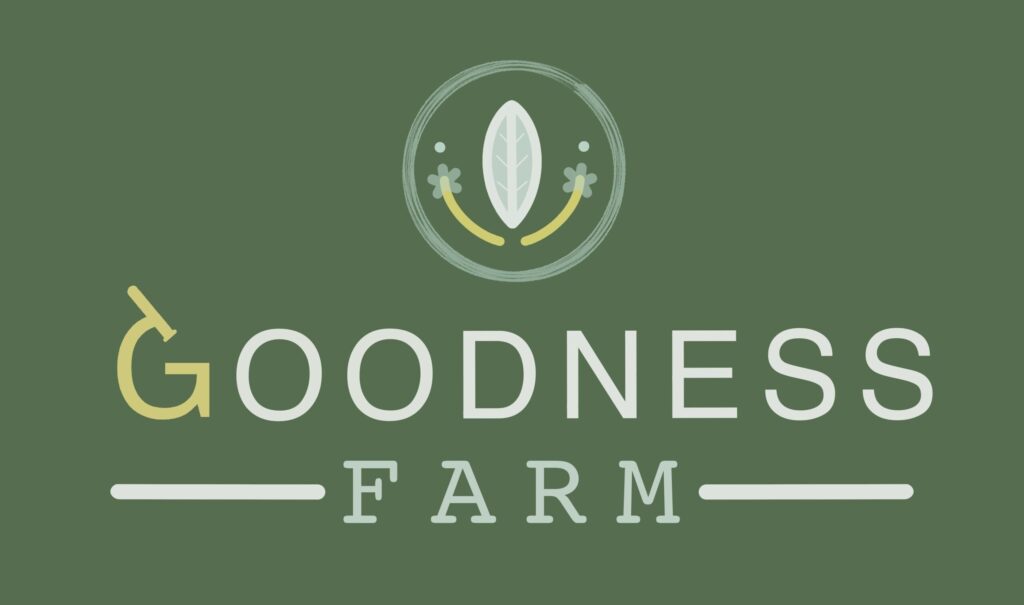
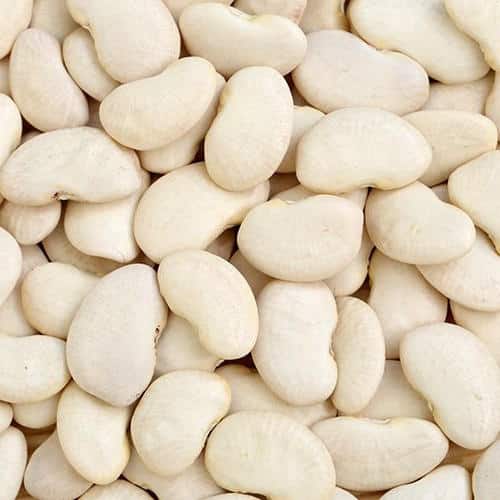


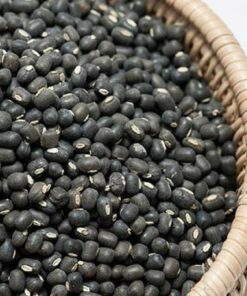
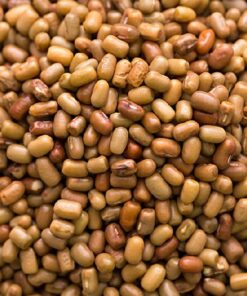

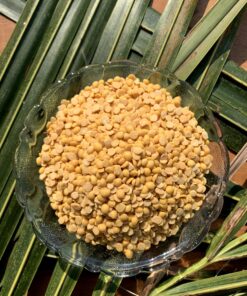
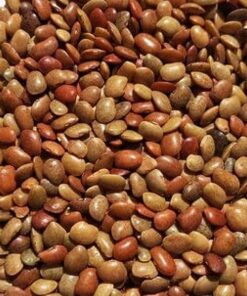
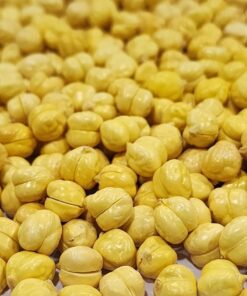
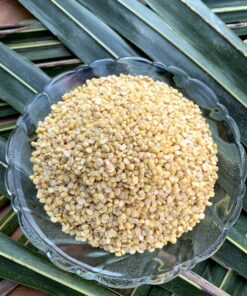
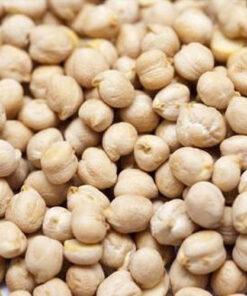

Reviews
There are no reviews yet.